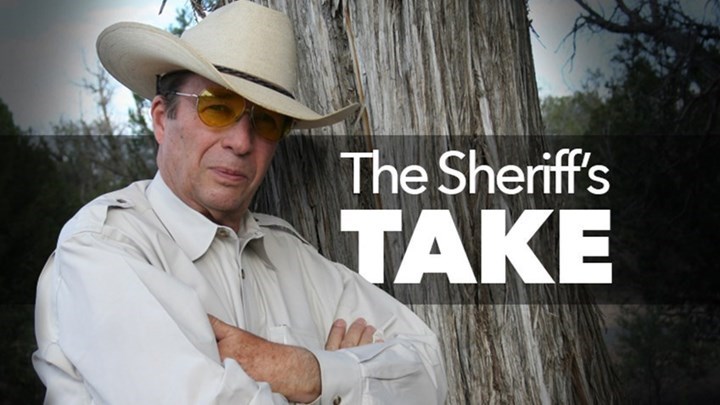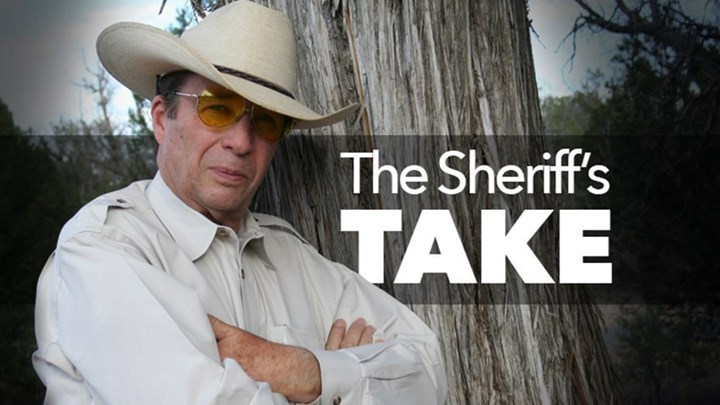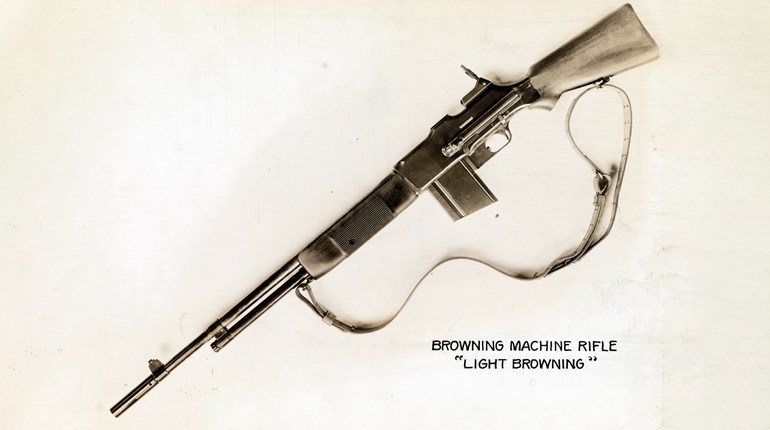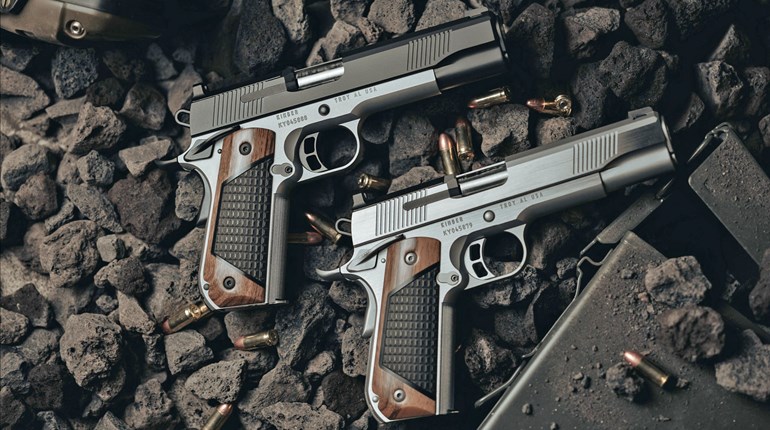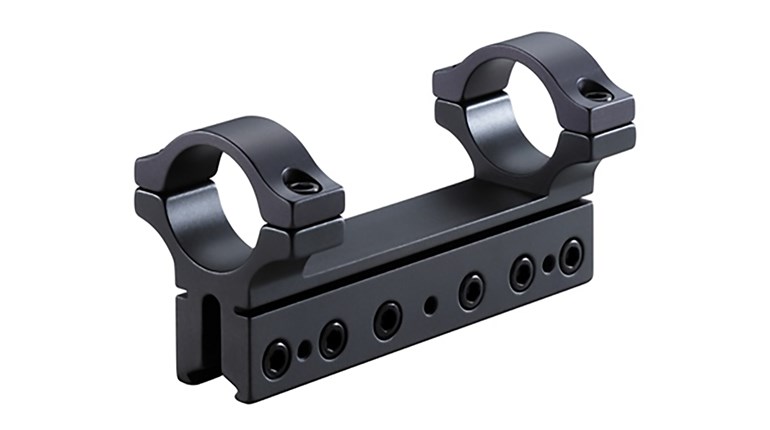
Despite his high rank, MG William F. Dean fought alongside his men during the initial North Korean invasion of South Korea in 1950. He personally attacked and destroyed a tank before being captured by the communist forces.
A division is, among other things, a military organization. It is a rather large organization, with as many as 20,000 Soldiers organized into regiments and battalions. Commanding such a large organization is a job understandably entrusted to a senior, experienced officer. Usually, that is a major general. In the U.S. Army, a general officer was once issued a fancy belt and holster, as well as a slick little Colt semi-automatic. But, nobody expects a general to be pulling triggers—that’s a rifleman’s job. Although this is the way things are supposed to happen, cruel fate sometimes intervenes, and this is the story of a major general (two stars) who personally did some serious trigger work when there was no one else around to do it.
It happened during the opening weeks of the Korean War in 1950. This was a full-scale war between North Korea and South Korea. The Korean peninsula was once a single kingdom, but was conquered by the Japanese early in the 20th century. Imperial Japan ruled and exploited all of Korea until 1945, when World War II came to an end. At this point, opposing factions in Korea accepted a political division of the country along the 38th parallel. This was established by the United Nations and was never popular with either North or South. The United States advised the South Korean government, to include limited advice and logistics help with establishing an army. Both the Soviet Union and communist China made a major effort to build a powerful army in and for the North Koreans. On June 25th, 1950, that well-equipped, well-trained and well-organized army attacked South Korea. It was a disaster.
Part of the American military establishment in South Korea was a slender general officer named William F. Dean. Dean entered the Army through the ROTC program in 1921. He had served with several of the U.S. Army’s infantry regiments in the between-wars period and had earned a reputation as a solid professional. By the time World War II came along, he was a full colonel, and he finished the war as the respected Commanding General of the 44th Division. Dean was a tough, competent infantry general with a great deal of combat experience. It’s not surprising to learn he was quite an athlete who competed in and coached several sports.
Dean was a tough, competent infantry general with a great deal of combat experience. It’s not surprising to learn he was quite an athlete who competed in and coached several sports.
For complex reasons, the state of affairs in the American forces in the Far East was not good in late June of 1950. Nominally, there were several infantry divisions based in Japan and Korea. They were reduced in numbers to the point where they were essentially ineffective. Most of these units were there as part of the post-World War II occupation army. Large numbers of troops routinely left for home and were not replaced. Duty in units waiting their turn was particularly easy and the rigorous training for wartime service was nowhere to be found. On the night of the June 25, the North Korean forces attacked across the 38th parallel with armor and infantry units. They encountered little resistance worthy of the name. American units were little better than the fledgling units of the South Korean Army. Lacking positive leadership, too many small units withdrew. There was no coordination of effort between units and frequent logistical mix-ups. A handful of Soldiers rose to the occasion and did their best, but they were few and far between. As a result, in a matter of just a very few weeks, the better part of South Korea was occupied by North Korea.
MG Dean was the Commanding General of 24th Infantry Division. After a week or so of unrelenting attacks, he was reduced to delivering orders in person. In World War II, Dean commanded a division of U.S. infantry with many thousands of crack Soldiers at his disposal. In Korea, he found himself issuing orders directly to rifleman—because there was no one else to do it.
One of the few bright spots in the early days of the Korean war is the performance of the then-new 3.5-inch rocket launcher. This was an anti-tank rocket built to take out the very same T-34 tanks the North Koreans were driving all over the place. A handful of intrepid Soldiers were able to get these rather cumbersome weapons close enough to a T-34 to make a kill shot. They worked quite well. Dean personally got one of the enemy tanks, which is a distinction I believe is unique to him—a flag officer with an individual armor kill. He fought almost a month under these impossible circumstances and always set an example. Rendered unconscious by an explosion. Dean wandered the barren hills of Korea alone, without food or medical care, for 36 days until he was captured. When the North Koreans realized they had a general, they moved him to solitary confinement. Dean sat out the rest of the war and was returned to U.S. control in 1953. The United States recognized his stellar personal example with the Medal of Honor.
One thing is for sure: MG Dean sure knew his fightin’ iron.
